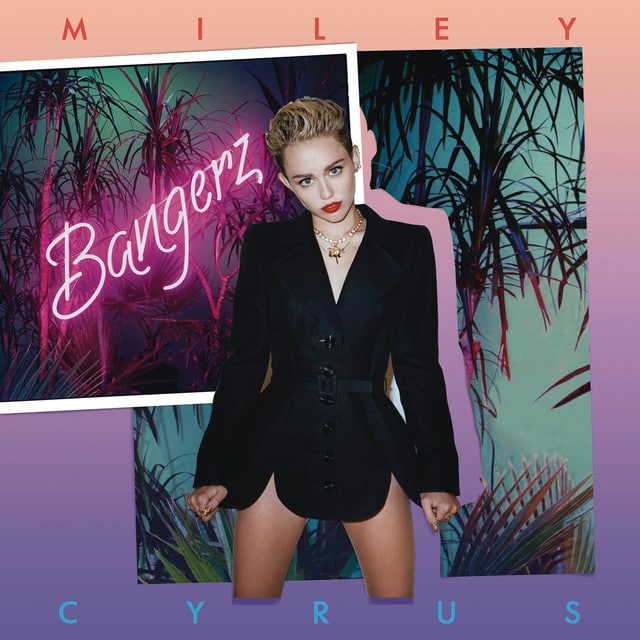Released: 2008
Miley Cyrus’ hit “Fly On The Wall” is an infectious pop anthem that challenges the prying eyes of a potential boyfriend, and more broadly, the encroaching gaze of public life. Basically, the song spins out a narrative where she taunts the listener with the idea of them wishing they could know more about her life, her friendships, and her loyalty. It’s a defiant declaration of privacy, where Miley stands up against anyone trying to invade her life.
In the beginning, Miley asserts, “You don’t understand what it is / That makes me tick, but you wish you did”. She’s saying you don’t get what drives me, what motivates me. But you wish you could, because then you’d know how to react, how to play the game with her. This term ‘tick’ here refers to what interests someone or what they’re passionate about. In a larger context, this can be seen as a commentary on our celebrity obsessed culture where everyone wants to know everything about their favorite stars.
In the chorus, Cyrus sings, “Don’t you wish that you could be a (fly on the wall)?”. A ‘fly on the wall’ is a common English idiom meaning to be an unnoticed observer of a particular situation. Essentially, she’s poking fun at the idea of the listener’s curiosity, waving it in their faces that they’d love to be a hidden observer in her life, knowing her secrets.
By the end of the song, she emphasizes ‘a little communication’ is the answer, and not believing in any ‘misinformation’ or ‘hearsay’. Here, she’s outright telling the listener that if you want to know her better, come and talk, communicate. Don’t rely on rumors or second-hand information. ‘Hearsay’ refers to information received from other people that one cannot verify. She ends with an assertive ‘Don’t ya?’ emphasizing the point that if you want to know who she really is, then step up and communicate directly.
To wrap it up, “Fly On The Wall” is a confident, rebellious anthem that encapsulates Miley Cyrus’ attitudes towards privacy, rumors and the obsession with celebrity life. It’s a critical commentary on prying eyes, both in personal relationships and in the wider public sphere.







